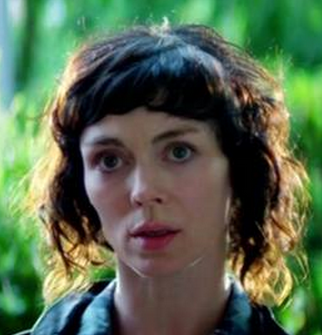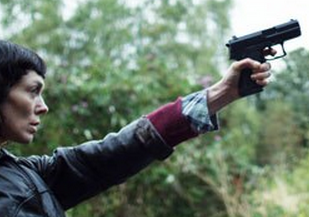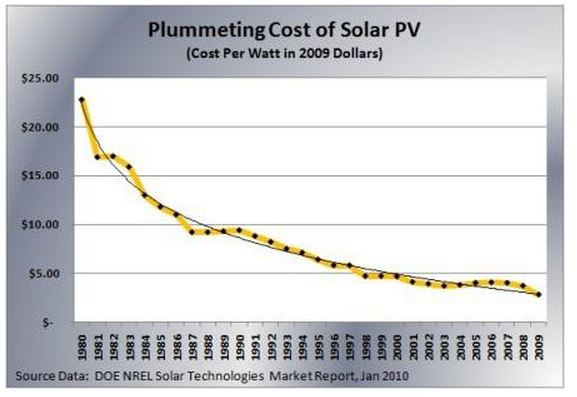Utopia – Channel 4’s resource scarcity / bioterrorism TV show.
by Vinay Gupta • February 27, 2013 • Everything Else • 1 Comment
Nathan Koren brought it to my attention.
You should watch Utopia from Channel 4. It’s the bastard love-child of your brain, David Lynch’s, and Grant Morrison’s, on a bad nutmeg trip.
This sounded implausible, but I duly fired up their iPlayer and got caught up. There are six episodes. Each episode leads people a little further down the rabbit hole in search of… well, the official narrative is that they’re searching for the truth, but tragically many of them already know the truth.
What they are struggling for is salvation.
Utopia is about groups of people dealing with the Bad Future. The one that gets called the grim meathook future, in fact. But they aren’t dealing with it in 2060, they’re dealing with it right here right now. They’ve become actors in the story because a bunch of Cold War remnants have figured out how to stop the Grim Meathook Future ever happening by doing something… unthinkable.
And now everybody scurries around in the shadow of that event terrified not only by the evil network at the heart of the mystery, Mr. Rabbit and all the rest, but also by the catastrophic future which that particular cohort are fighting back against. As you might expect from something that smells so much like Delta Green (the modern Call of Cthulhu setting) there is a secret book, in this case a madman’s comic book which purports to tell the future. Things weave into reality from this fictional source, but it is very much a source of clues, an object of desire, and a cipher. Much comes from spreading out its pages and tracing the lines, a nice nod to Liber AL.
Negotiations are usually carried out at gunpoint, even between friends. The moral questions come up over and over again from an endless selection of angles… “but what if they’re right, what if this is the only way?” and back-and-forth we sail over the line. In the face of the unthinkable horror, which sacrifices are the right ones to make? Trivial decisions about who is to live and who is to die on the individual level threaten to spiral off into the fate of billions in future decades.
If we really think this through, are there any right choices? Some react with emotion, let a short range pragmatic morality guide them, sheltering behind the hedgerows as the cruise missiles of fate zoom overhead.
Utopia is not perfect. The story still lives in the benighted world of Gandalf and Aslan in some key areas, with infallible grey or white wizards, and those of many colours, striving for solutions in an endless wilderness of mirrors while the little hobbits run around causing trouble. It it still an English story. In this respect, it hasn’t fallen far from the Cold War narratives which are so much a part of its makeup. JK Rowling’s narrative breakthrough in the latter Harry Potter books, where she seizes this mythology and rips it out by the roots is still percolating out through culture, as iconoclasm is a generational business. So we still have wizards and mortals, chess players and pawns, and yet still the angry young wizard outs, plays a critical role, and so the old myths and the new ones are both served. Not bad work.
(I’m sorry if this is opaque, but I’m trying to avoid spoilers and frame this in the terms it deserves)
What preserves me from the kind of extremism that Utopia proposes – on all sides – to the Grim Meathook Future is very simple.
There is every chance we’re going to innovate our way out of this mess. Cheap solar, improved agriculture or super-productive aquaculture, metals from space, the whole bit.
Where I am stuck is a level further up: most of the really radical breakthroughs, particularly ones involving very small systems like biotechnology and nanotechnology, may open up new cans of worms. As nuclear power and the nuclear bomb went hand in hand, biotechnology pairs with bioweapons, nanotechnology with nanoweapons. DARPA shovels money into nanotechnology and, yes, somewhere in Pandora’s Box we may shake out a cornucopia machine, grey goo, the borg, self-assembling terminator robots and in the bottom of the box, find only hope.
Utopia portrays a world without wise solutions. You will not be reassured. But it is against a landscape of this size that we have to ponder, so I would say it is essential viewing. A bleak English X-Files with a higher mortality rate will not cheer you up, but you’ll have a new perspective, and a way to talk about some of the big issues that you did not have before.
4/5 stars. Thanks again to Nathan for pointing it out to me!





Hi Vinay,
I watched Utopia after reading your post. Well done – there were no spoilers!
It is an interesting solution the programme proposes, but has flaws. Firstly it is not selective enough, for instance if important people like er…I don’t know…..the royal family for instance didn’t receive vaccines, wouldn’t that cause suspicions? Also it would take several years before it would make a significant dent on reducing the population, and the food crisis was already happening. One would have to be a lot more forward planning than that.
Now why would anyone think that the population would slowly decline in that way, whilst remaining happy and stable? It was great that they showed how desperate and distressed women could become when they can’t have children. People could become unhinged with no future and the few who remained fertile would not be left in peace. Maybe resulting in something that resembles ‘The Handmaids Tale’.
I do think there is an element in Utopia that rings true though. The British can’t bear disorder and panic. If things ever came down to the prospect of food riots, there may well be some drastic actions taken.
Personally, I don’t think that would ever happen in reality, because impending food shortages should be visible at least a few months in advance if not a season ahead. Introduce rationing at the first sign of trouble and people have no need to panic. Food would be scarce, but everyone would be getting a fair share of what there is. If food rations dropped so low that people were starving, then they wouldn’t have the energy to riot. Besides, if all food was being rationed fairly then who/what would you be rioting against? No point looting empty shops.
I don’t agree with you that technology will come up with solutions, but I do feel that we are a flexible ingenious race, especially in troubled times. (See The Coconut Revolution http://www.youtube.com/watch?v=LDpvxQe_Jhg) People could learn to survive on weeds and pests (nettles, dandelions, pigeons and squirrels) quite quickly and start growing their own more palatable food.
When I was 12 I read a fictional book ‘The Death of Grass’. From memory a virus destroys all members of the grass family, including wheat, rice etc. The population of the world faces starvation. The British government decide that there is only enough food to comfortably feed a third of the UK population, so they drop bombs on the largest cities (Greater London is already 12% of the population). This reduces the population and prevents supposed riots and starvation, whilst still leaving the farmers and country folk, who are more capable of food production, unscathed. It is hard to fault the logic with this, none of the survivors would be complaining. Good enough reason for me not to live in a city!
Judy
http://rationthefuture.blogspot.co.uk/